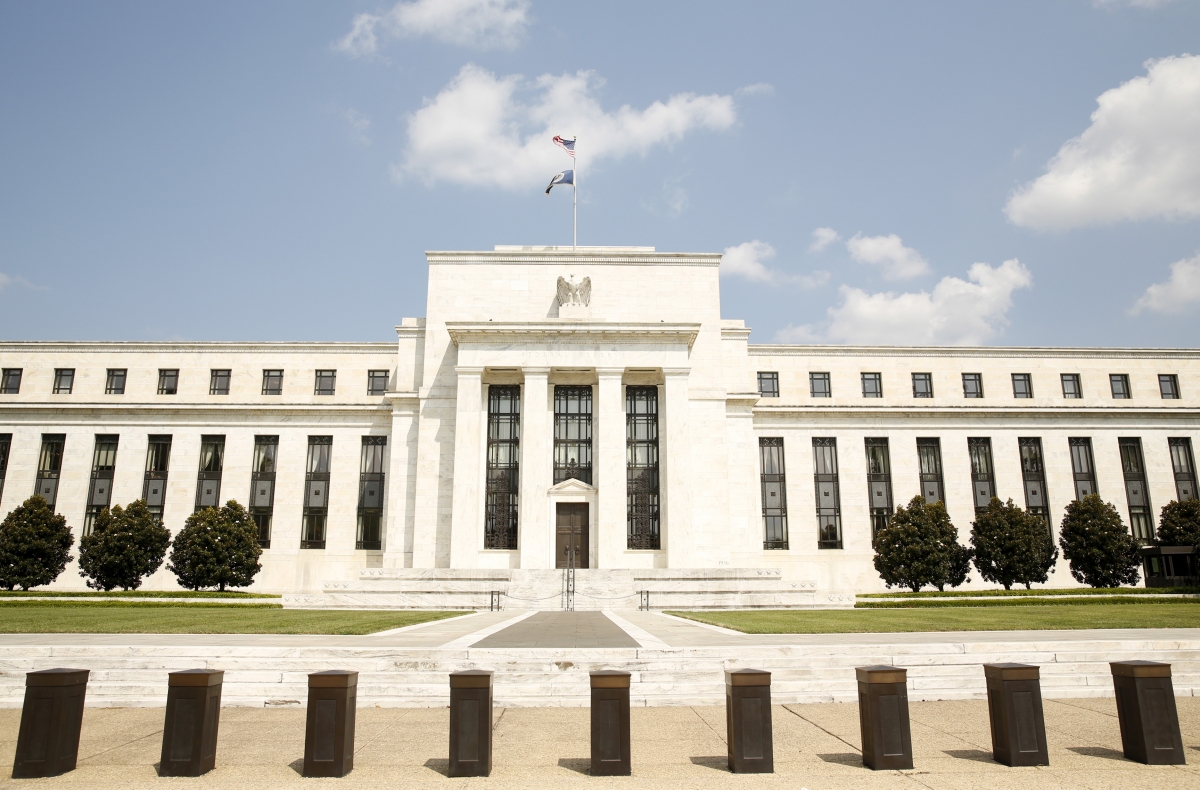Banking Stress Brings US Economy Closer To Recession: Neel Kashkari
Recent pressure in the banking industry and the chances of a follow-on-credit crunch have brought the US economy closer to recession. This has been stated by the Minneapolis Fed President Neel Kashkari in an interview with the CBS show Face the Nation.

Recent pressure in the banking industry and the chances of a follow-on-credit crunch have brought the US economy closer to recession. This has been stated by the Minneapolis Fed President Neel Kashkari in an interview with the CBS show Face the Nation.
Kashkari has expressed his opinion stating that it brings the US economy closer. But what is unclear is that the banking stresses are leading to a dominant credit shortage. The credit crunch would further slow down the economy.
As of now, they are monitoring the situation very closely and have been among the policymakers in applying high-interest rates to cope with inflation. He has remarked that it is too soon to determine the size of the bank stresses will have on the economy. So, it can be too soon to determine how it might influence the next hike in the rates of interest by the Federal Open Market Committee.
The Fed has increased the interest rates a quarter by the week but it has opened the door to halt the future increase in the interest rates until it is evident how the banking lending practices may change after followed by the recent collapse of the largest US Bank-SVB and the New York-based Signature Bank.
Kashkari has further reinstated that, for now, the stresses could be a few weeks old. There are some concerning signs. On the positive light, it has been found that the deposit outflows have slowed down. There has been some restoration of confidence among the smaller and regional banks.
At the same time, the US economy has visualized that the capital markets have largely been shut down for the last two weeks. If those capital markets remain shut down because the borrowers and lenders are nervous, it can prove to have a bigger impact on the economy. So, it can be too early to predict the next FOMC meeting.
The Fed has initiated an emergency lending program that was started to keep the regional lenders from problems if the deposit withdrawals increase. Recent data has suggested moving funds from smaller to the largest banks. The Fed’s Power, Jerome Powell, has stated that the situation was stabilized last week. But the meetings conducted by Congress on SVB’s collapse have asked for stringent supervision for the mid-sized banks and led to an initiative for broadening the federal government’s deposit insurance program.
Banking Fears Rise After the Collapse of Two Prominent US Banks: SVB and Signature
According to prepared remarks, Treasury Secretary Janet Yellen will address a summit on the”stabilization” of the US banking sector following the recent failings of Silicon Valley Bank and Signature Bank.

The bank failures triggered a confidence crisis, with many customers removing their funds and depositing them in larger institutions, which were deemed too large for the government to bail out if they failed.
Following the failure of SVB, the Treasury, Federal Reserve, and Federal Deposit Insurance Corporation devised plans to ensure that its customers’ deposits could be accessed. Signature Bank was granted a similar exception.
To avoid a repeat of SVB’s quick demise, the Fed also introduced a new lending tool for banks and has since launched a drive with other major central banks to improve banks’ access to liquidity.
However, there are concerns about which lender will be the next to fall, with 11 US banks announcing last week that they would deposit $30 billion into the First Republic amid concerns about the bank.

A coalition of midsized US banks has also asked federal regulators to guarantee all of their customers’ deposits for two years, which would help to halt a “deposit exodus” from smaller banks, as reported by credible sources.
As Switzerland’s second-largest bank, Credit Suisse, came under pressure, financial authorities scrambled to assuage fears of contagion spreading to Europe.
UBS has acquired its troubled Swiss rival Credit Suisse for $3.25 billion. The decision was made amid the crisis to prevent the ailing bank from collapsing, thereby exacerbating the banking crisis.
The UK government has responded, stating that the agreement involving Switzerland’s largest bank was critical to averting an irreversible economic crisis in the country and beyond.
But, Yellen has stated that the banking sector that the Fed will try its best to protect the competitiveness and health of the community and the regional banking institutions.
Edited by Prakriti Arora




